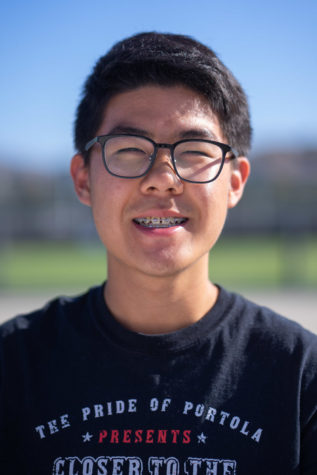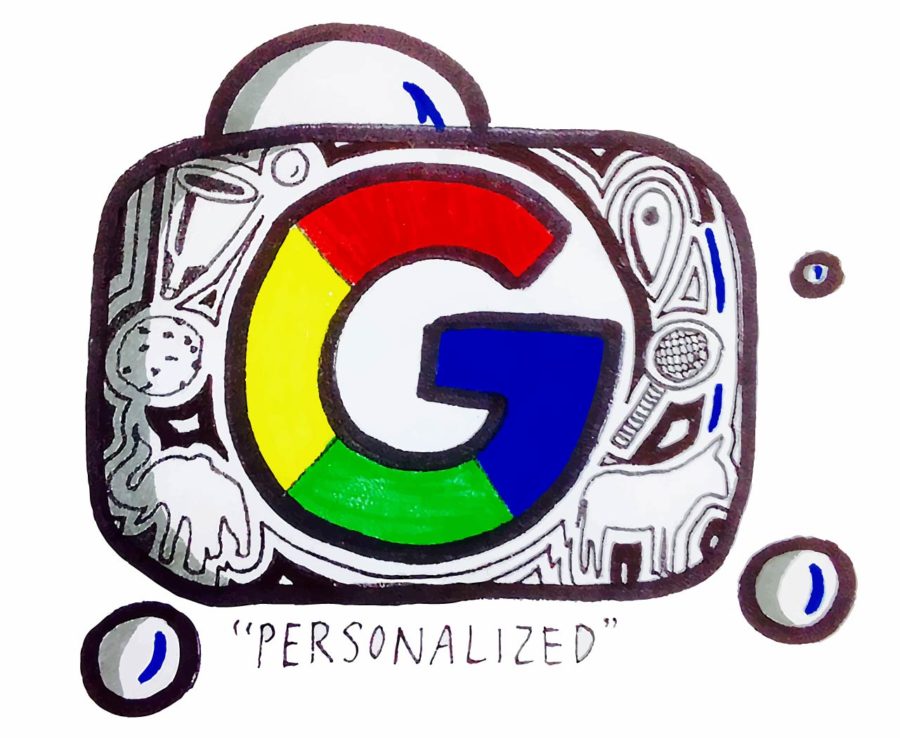Popping the (Filter) Bubble
Google services, along with many social media platforms, run on their complex algorithm of a “filter bubble,” which filters out content based on personal searches and interests. Confirmation bias, a tendency for individuals to favor information that supports their preexisting beliefs, is made worse by the presence of a filter bubble. These bubbles need to be altered for more inclusive results as well as providing personal freedom and security.
Google has a number of signals that they track in order to personalize searches, such as the type of computer, browser and location of the individual, according to Internet activist Eli Pariser, who gave a TED talk about filter bubbles in 2011.
Although this kind of personalization can be useful when users are consecutively looking for related searches, it can be detrimental to users because they are not the ones in control of what content goes in and out of their search bubble. It also becomes more difficult to expose different points of view since search results are also tailored by what an individual has searched previously.
With this selective process, people become more vulnerable to constantly immersing themselves with non-factual sources, according to Microsoft founder Bill Gates in an interview with Quartz. He says this is contributing to a “narrow worldview.”
Exposure to the same search results over a long period of time can only serve to keep a person’s mindset unwilling to change, which is especially harmful in today’s constantly shifting environment. In politics especially, people tend to search their favored politicians in a positive light and vice versa, which keeps them in the “narrow worldview” Gates references.
In addition, students sometimes face problems accessing accurate information, and confirmation bias only serves to worsen this situation by filtering out credible, factual sources in favor of opinionated sources based on previous searches.
Choosing media from a wide range of perspectives and communicating with people from all across the political spectrum is crucial to receiving an unbiased set of information, according to TIME Magazine reporter Bryan Walsh.
In January, Google released a statement admitting that this filter bubble is an existing problem for personal freedom and promised its users that they are working on a solution. They are working on having multiple featured snippets or the box of information that appears on the top of the search list with a wide spectrum of views. Until then, users can delete or block browser cookies to reduce the degree of this phenomenon.
Your donation will support the student journalists of Portola High School. Your contribution will allow us to purchase equipment and cover our annual website hosting costs.

Junhee Ryu is one of your business managers for the 2019-2020 cycle. Going into his final year with the Pilot, he is excited to make a lot of money so...

Jane Zou is a staff writer and resident cartoonist for the Portola Pilot. As one of the few sophomores in the production, Jane is excited to contribute...




